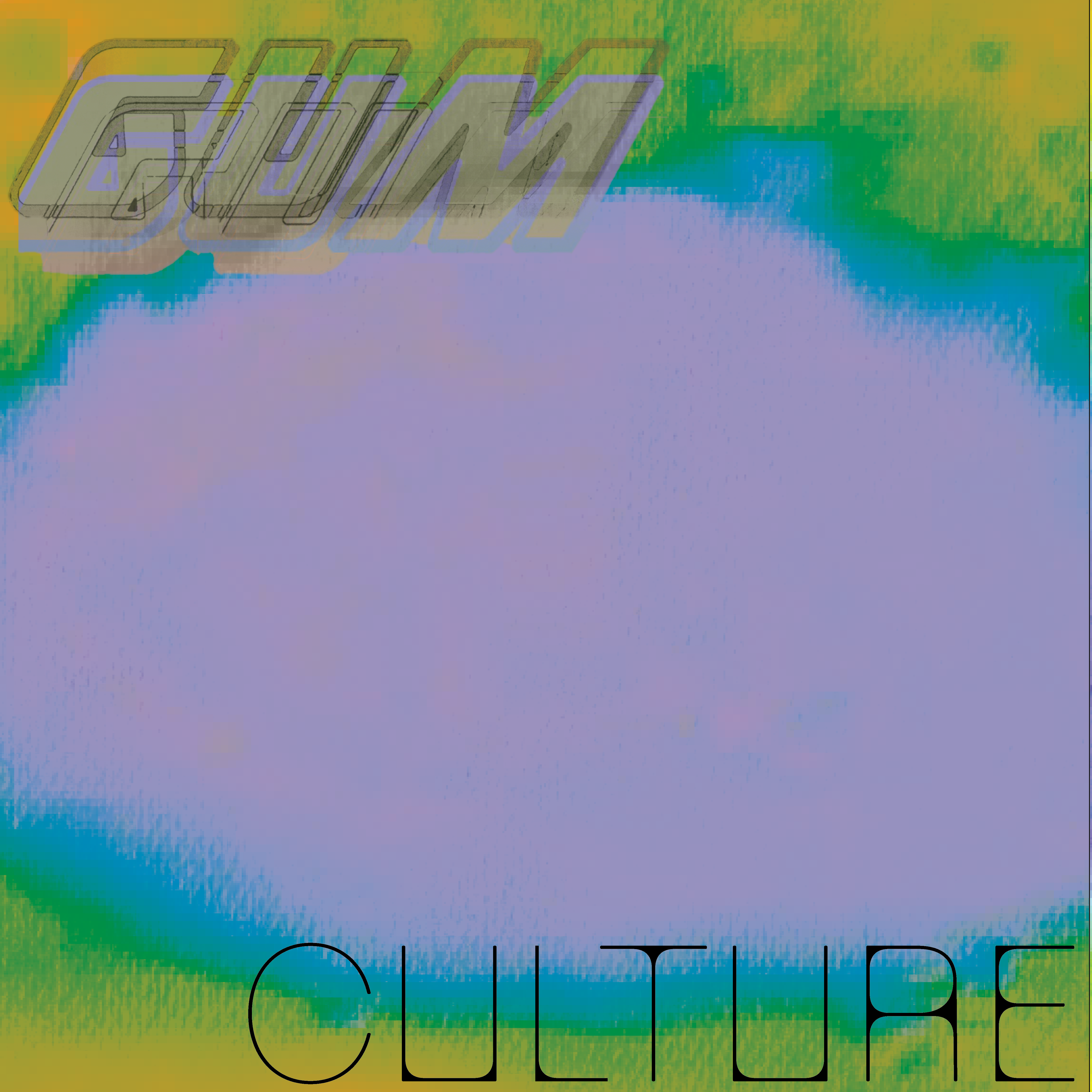Words: Marta Przygodzka (she/her)
You’d assume archive air is dusty, but actually it feels quite fresh. The archive is like a heterotopia where syncopated timescapes joyfully coincide in an unbound non-place. Re-entering an archive can be a performative writing through, a celebration of how far you have come. Alternatively, it can be an unwriting of affixed metanarratives of Queerness, a reclamation, a means of restating your own self symbolically via a retroactive but forward-looking portrait-chronicle. Aah.
The Documenting and Archiving programme, curated by Nat Lall as part of the Scottish Queer International Film Festival, moved adroitly through time, space, and modes of archiving, amounting to what felt like getting some air. A cig break without the cig if you’d like. In the ensuing discussion, filmmakers River Seager and Campbell X had a (convincing although necessarily cursory) stab at addressing questions of ownership. Who gets to be the possessor of an archive? Who gets to access? In many ways the curated programme encompassed, or at least gestured towards, a tentative approach. Each short film adopted an idiosyncratic form that conversed with the revived past or immortalised present in aesthetic terms to establish a relationship grounded in the personal.
In Pride TM (dir. Hogan Seidel, 2019, USA), the temporal remove and resulting opacity permeate the cinematic skin as found footage from pride festivals blends into a dreamscape, a visual evocation of the impenetrability of the documentation. The distancing camera lens refracts light, the colour spectrum morphs into rainbow flags. The short raises important issues concerning emerging modes of exploitation. Most strikingly, Sylvia Rivera’s reverberating speech, which first draws the audience in, is steadily oversaturated with brand and sponsor identifiers, suggestive of queerbaiting as status-quo in present-day Pride celebration.
Stonewall Postal Action Network (dir. Sarah Elizabeth Drummond, 2023, UK) deals with material remains tracing the work and legacy of SPAN, a major letter-writing campaign opposing homophobic policies and run by Austin Allen from his bedroom. As Allen merrily ushers the filmmakers through stacks of documents, questions of embodied knowledge and responsible listening come to mind. The form – conversational in pace, factual in aesthetic – embraces the nature of the domestic repository.
The juxtaposition of Stonewall Postal Action Network with Digital Natives (dir. Jo Reid, 2022, UK), a witty short film about self-presentation on the internet, brought out and dramatised the general shift from physical remains towards the digital archive. Reid’s short introduces her status as filmmaker via her childhood online presence, extrapolating the grammar of a YouTube video onto the short film medium – the computer desktop turns into an eclectic and gluttonously growing register where rehashed past and rehashing present intersect. One’s relationship with memories preserved digitally is shown to be less nostalgic and more derisive. Typos are made and words are rewritten as we go; the digital is also the immediate. Notions of place in this (cyber)space are ambivalent too: the locus of these memories is simultaneously private and public, localised and global, personal and made to be viewed. After all, perhaps there is a touch of nostalgia in the expressive freedom that Reid associates with childhood and the dawn of the internet, which has been superseded by a mode of online performance both more informed and calculated.
I Am a Cyborg: Conversations About Queerness and Anime (dir. Rover Seager, 2023, UK) transfers you into a foetal-like state through a soothing loop of somewhat pixelated anime clips and oversaturated street views. These visuals appear against the backdrop of a – remarkably casual-sounding and in that sense inviting – conversation about the role of anime in queer culture and its fandom as a site of LGBTQ+ expression. The sequences of British streets sunk in a pinkish filter visually underscore the mid-2000s fandom aesthetics and anime universe as a mode of virtual transport and escapism for the Western spectator. An emphasis on subtextual queer readings refers to what I see as an overriding theme of the programme: the possibilities and implications of rewriting.
Still We Thrive (dir. Campbell X, 2022, UK) to me felt like the most meaningful film of the Documenting and Archiving selection. Campbell X interweaves archival footage of Black history, spanning across time and space, with poetry pieces to camera delivered by Black performers. Still We Thrive questions the place of traumatic and violent imagery, all whilst skilfully resisting its perpetuation and achieving an opposite effect: as described by the author, it ‘is a film about resilience and self-care’.
Aangan ‘a blooming space’ (dir. Shiv Priya, 2023, India) held space for nuance and breadth, breaths and hesitations, a sense of stability and of getting to properly know the community surrounding the Nai Bhor organisation in Jaipur and its founder, activist Pushpa Maai. It is worth noting that the Documenting and Archiving programme concluded with a contemporary documentary; a work by definition future-oriented, an archive-to-be. Whilst its outlook on governmental policies and LGBTQ+ rights in India does not enthuse, the act of documentation in itself came into sight as a credo, an affirmation that things are and will be continually changing. If the nature of the archive informs our way of thinking about the past – as demonstrated through the plethora of tailored aesthetics featured in the screening – the opposite also seems to be true; documenting is a reality-shaping act of belief that everything flows (panta rhei folks, panta rhei).
The Scottish Queer International Film Festival is not-for-profit. Alongside the annual festival, the SQIFF team works to foster community year-round and runs monthly free group sessions for queer filmmakers. It was thrilling to witness SQIFF’s remoulding after last year’s Mini-Series. The event programme was diverse, rich, and planned down to the last detail, whilst a comforting sense of all-encompassing openness pervaded the CCA building throughout the festival week. I impatiently look forward to next year’s edition and hope SQIFF will remerge even further anchored in Glasgow’s cultural map.

